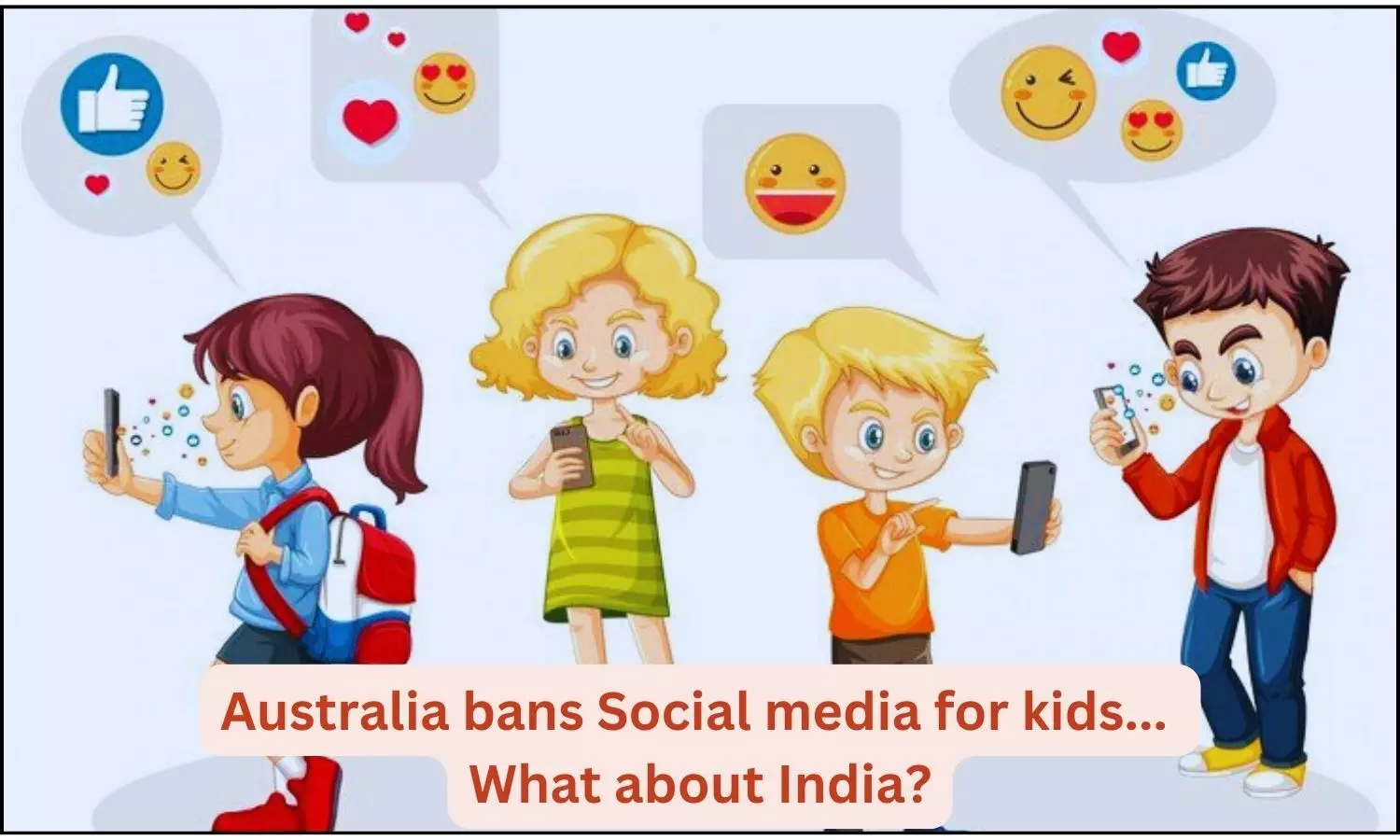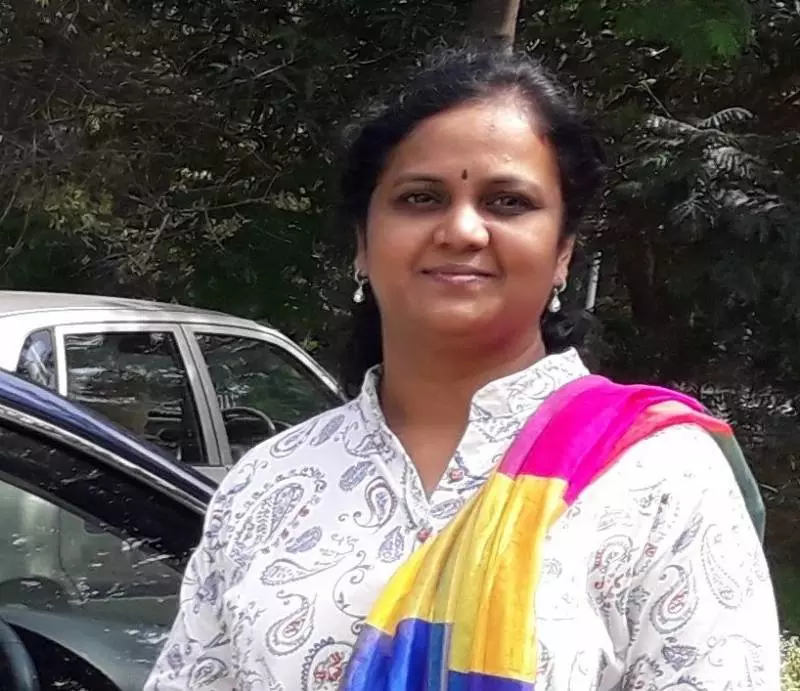Australia plans ban on social media for children below 16 yrs. Why?
Australian Prime Minister Anthony Albanese has announced that his government will introduce new laws to ban children

Australian Prime Minister Anthony Albanese has announced that his government will introduce new laws to ban children under the age of 16 from using social media. As the ban is expected to become law by the end of next year, the government has described the measures as globally prominent. Australian authorities have been trying to curb the use of social media by minors ahead of the ban on age verification.
According to a report in the BBC, the Prime Minister said that the proposed laws will be introduced in Parliament. The aim of these laws is to reduce the harm social media can do to Australian children. “This is for mums and dads. People like me are worried about our children's safety online. I want Australian families to know the Government has your back,” he said. While many details are still to be discussed, the government has said that the ban will apply to youths who are already on social media.
According to a report published in Reuters, Albanese said the legislation will be introduced in the Australian parliament this year and the laws will come into force 12 months after they are approved by lawmakers. The opposition Liberal Party supported the ban.
Among the platforms affected by this law are the Meta platforms including Instagram and Facebook, as well as ByteDance's TikTok and Elon Musk's X, Alphabet's YouTube, the Australian minister said.
What does social media networks have to do with teenagers' mental health? Let's see if there are any actual disadvantages
Limiting the use of social media can significantly reduce cyberbullying, including threats, online harassment, and body shaming. Children become addicted to social media and rely heavily on social media for texting, sharing and messaging. Even with friends, they are communicating on social media instead of in real life.
Blocking social media encourages kids to spend more time outdoors and develop hobbies and healthy lifestyles. Excessive use of social media apps can make children unable to sit still for long periods of time.
But could a ban work on kids who are already addicted to social media?
Adolescents generally resist such prohibitions. This resistance can lead to conflict between parents and children, interpersonal stress, and mistrust.
With this ban in Australia, parents in India are also thinking. In a recent survey, parents in our country are also demanding government intervention.
They want the government to implement a data protection law that makes parental consent mandatory for children below 18 when they join social media, OTT/video and online gaming platforms.
The dangers of social media are not just rumours. Researchers suggest that too much screen time at a young age can have lasting effects. So, let's take a look at what science has to say about how exposure to social media from a young age affects children's minds and emotions.
Blue light isn't just good for adults' sleep, it's also bad for children's sleep. Screens, especially before bedtime, delay the release of the hormone melatonin, the hormone that tells our bodies it's time to sleep. According to the American Academy of Pediatrics, children who use screens near bedtime often sleep less and are groggy the next day. Lack of sleep can also affect a child's learning, memory and mental stability.
The impact of social media on mental health is somewhat like playing with fire.
Excessive social media can lead to anxiety, depression, and low self-respect. They think that others are better than them and feel inferior.
Research from several regions, including India, shows that children who spend too much time on social media have difficulty focusing on tasks without immediate rewards. Likes and notifications available on social media are not provided in real life.
Social media is not all bad, when used responsibly, it can be a powerful tool for creativity. However, you need to know how to use it.
Which is better then?
The best solution is — explain the advantages and disadvantages of social media to children. Doing so will help children develop self-discipline while using these platforms.
Children should be monitored for what they watch and how long they spend on social media. They should be explained what is good and what is bad.

